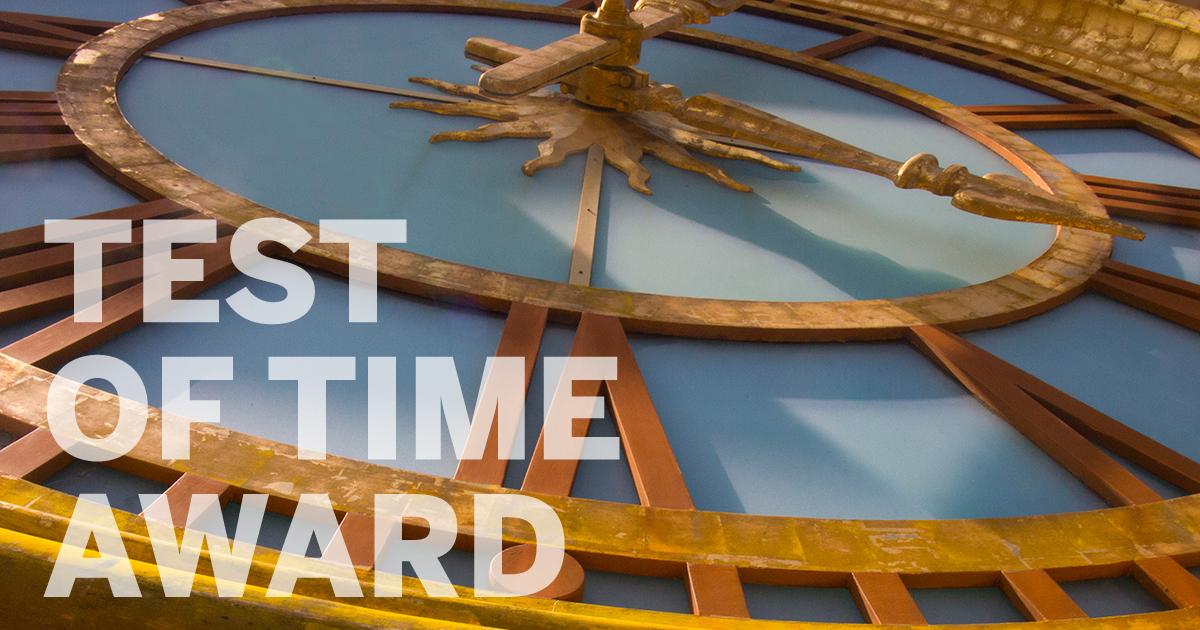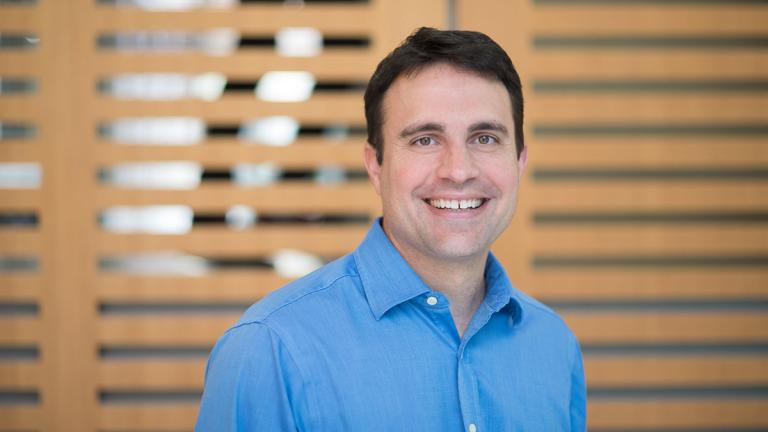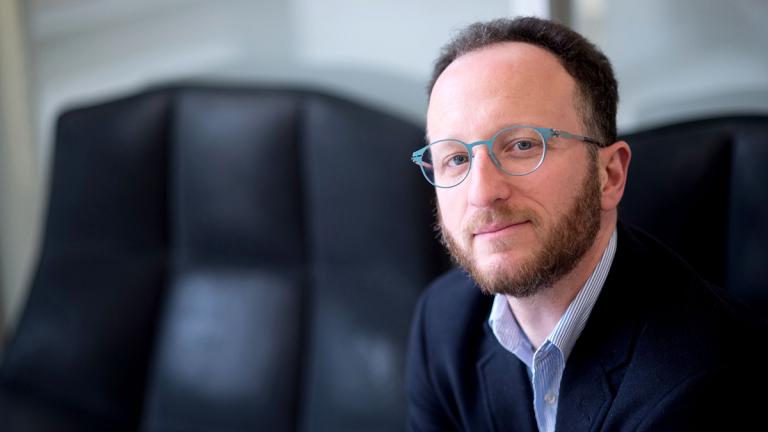
UT Computer Science is proud to announce that Professors Brent Waters and Hovav Shacham have both been honored with the prestigious Test-of-Time Award by the International Association for Cryptologic Research (IACR).

Brent Waters: Dual-System Encryption
Brent Waters was honored with the Test-of-Time Award for his groundbreaking paper, "Dual-System Encryption." The IACR's citation commends Waters "For introducing the dual-system technique, breaking through the partitioning-reductions barrier of pairing-based cryptography and enabling new and improved pairing-based cryptosystems." Published in 2009, this innovative work has had a profound and enduring impact on the field of cryptography by enabling more sophisticated and secure cryptographic systems.

Hovav Shacham: Reconstructing RSA Private Keys from Random Key Bits
Hovav Shacham earned the Test-of-Time award for his influential 2009 paper, co-authored with Nadia Heninger from UC San Diego, titled "Reconstructing RSA Private Keys from Random Key Bits." The IACR's citation states, "For introducing the go-to tool for side-channel attacks on CRT-RSA that played a pivotal role in helping secure the Internet." This paper has been instrumental in developing techniques to protect against side-channel attacks, which are critical for the security of RSA encryption and, by extension, the overall security of the Internet.
Long-Term Impact and Recognition
The IACR Test of Time Award is a prestigious honor given annually at each of the three IACR general conferences: Asiacrypt, Crypto, and Eurocrypt. The award recognizes papers published 15 years prior that have had a lasting impact on the field of cryptography. This year, Brent Waters and Hovav Shacham's 2009 papers were acknowledged for their profound contributions and enduring influence. Their work has not only shaped current cryptographic techniques but continues to inspire ongoing research and development in the field.



